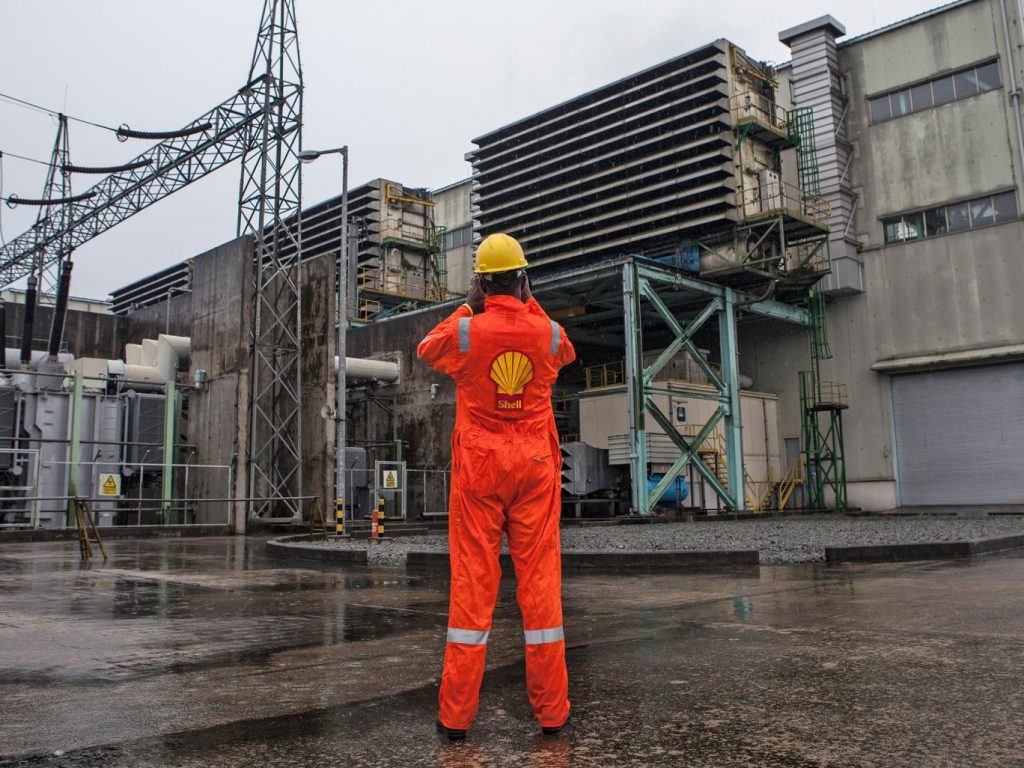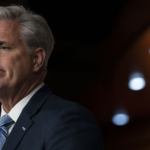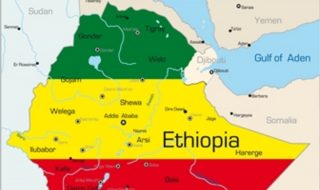
Royal Dutch Shell has come under fire for being part of a consortium that accepted an “extraordinary” $3.3bn (£2.3bn) tax break in Nigeria – twice the poverty-stricken country’s annual health budget.
In a new report ActionAid estimated the consortium, which also includes France’s Total and Italy’s Eni, received this benefit between 2004 and 2012 on top of Nigeria’s standard five-year tax holiday to encourage investment. The charity says the cost of the tax breaks could have been better spent on improving health and education systems at the same pace that oil revenue pours in.
Shell has a 25.6 per cent share in the consortium, which provides around 7 per cent of the world’s liquefied natural gas. The Anglo-Dutch giant is estimated to have received a near-$1.7bn tax break in 2004-12, Total just shy of $1bn, and Eni $677m. The remaining 49 per cent share of the project is owned by the Nigerian government, represented by Nigeria’s national oil company.
The consortium, Nigeria NLG Limited claims the tax breaks encourage wider economic and infrastructure development in the country and says it has contributed to the socio-economic wellbeing of the country.
Oil and gas has made Nigeria one of the world’s fastest growing economies, but the country suffers from terrible inequality. Around 110 million people live in extreme poverty, which is defined as less than $1 a day; more than half the population has no access to clean water; and almost 15 out of every 100 children die before their fifth birthday.
The tax break was granted in 1990, when Nigeria was under military rule, though did not kick in until 1999. After the standard five-year holiday, there was an unusual five-year extension and a rollover of certain allowances, which ActionAid says resulted in the consortium not paying corporate income tax until 2012.
The report states: “The consortium is the only company in Nigeria with its own law defining its tax framework… One argument frequently used in favour of tax incentives, is that the initial investment costs often are so high that companies would not be able to invest were they not given a reduced tax rate the first few years.
“While that may be true in some cases, the consortium accounts suggest differently. Even with a normal five-year tax break, the consortium would have been highly profitable.” The company states that tax holidays of such durations are not unusual in global business.
“ActionAid is calling on the Nigerian government to review its policies on tax breaks and show greater transparency on when and why tax breaks are granted.”
A spokesman for Shell declined to comment but instead referred the Independent to NNLNG. Shell did tell Action Aid, however, that it complies with the tax laws of the countries it operates in.
Source: independent.co.uk
















